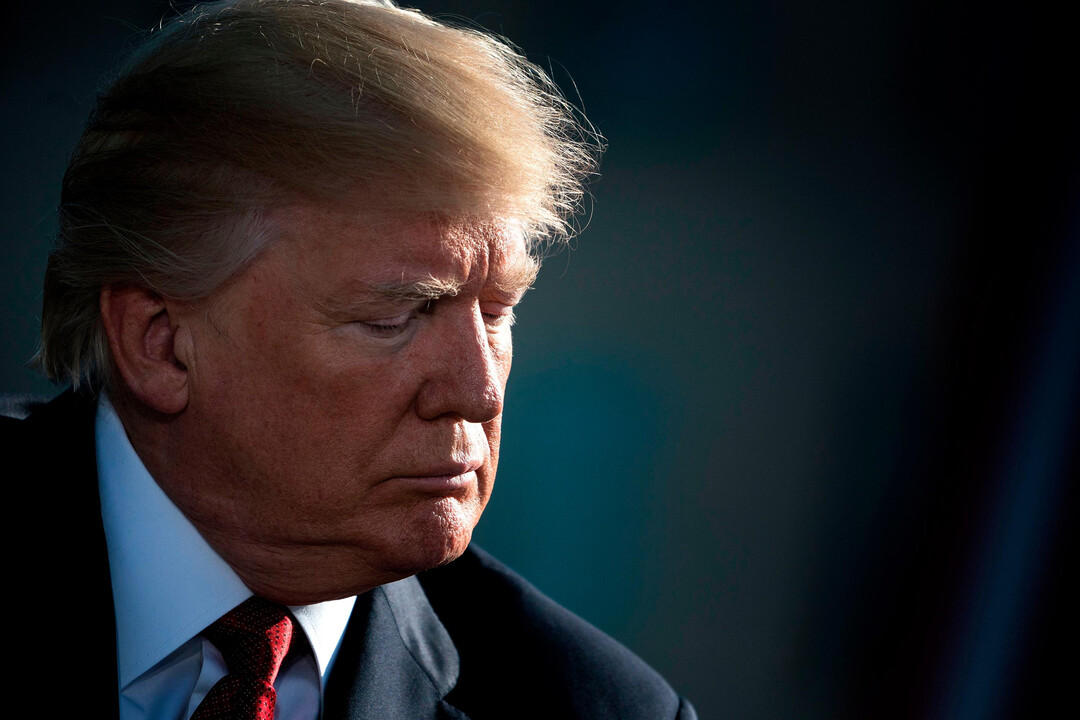
As Donald Trump prepares for a second term, the global economy is bracing for a new era of economic nationalism and a macroeconomic shift toward "fiscal dominance," where government spending and political priorities take precedence over central bank independence. This approach, exemplified by unfunded tax cuts and pressure on the Federal Reserve to maintain ultra-low interest rates, poses significant risks not only to the U.S. but also to the global financial system.
The Dollar's Dilemma The future of the U.S. dollar under a second Trump administration is uncertain. While rising fiscal deficits could traditionally attract foreign capital and strengthen the dollar, a populist "America First" agenda complicates this. If the Federal Reserve raises rates to fight inflation, it risks making the U.S.'s massive debt load more expensive to service. With trillions in outstanding federal debt, even small rate hikes can significantly increase interest payments, potentially eroding investor confidence in U.S. fiscal sustainability.
Alternatively, if the Fed yields to political pressure and keeps rates low, inflation could accelerate, devaluing the dollar. While global uncertainty might temporarily boost the dollar as a safe haven, the long-term erosion of fiscal discipline and institutional credibility points to a gradual decline in the dollar’s global standing.
A Global Contagion U.S. fiscal dominance is not an isolated issue; it has the potential to become a global contagion. Given the size of the U.S. economy and the dollar's central role in global finance, shifts in U.S. policy inevitably ripple across borders. This institutional contagion weakens the global norm of central bank independence, encouraging other governments, particularly in emerging markets, to prioritize short-term political gains over monetary discipline. This could lead to a "race to the bottom" where central banks are pressured to accommodate fiscal needs, even at the cost of inflation control and long-term stability.
Emerging Markets Under Pressure A growing number of emerging markets, including Argentina, Turkey, and El Salvador, are already showing signs of fiscal dominance. Argentina, despite recent efforts to restore fiscal balance, still bears the deep inflationary scars of past populist spending. Turkey is still recovering from years of politically driven rate cuts that pushed inflation above 75%. In El Salvador, expansive fiscal programs and unconventional policies, such as Bitcoin adoption, reflect the tension between political ambition and monetary discipline. These cases highlight how political interference can destabilize prices, weaken currencies, and erode investor confidence, particularly in economies with weaker institutional safeguards.
While these trends are rooted in domestic issues, the spillovers from U.S. fiscal dominance—including dollar volatility and shifting capital flows—are amplifying the risks and encouraging similar practices in other governments.
Navigating Thailand’s Fiscal Challenges Thailand, while not yet in a state of fiscal dominance, faces building pressures. Public debt has risen significantly due to pandemic-era spending and budget deficits. Popular initiatives like the digital wallet scheme could add further fiscal pressure if not carefully managed. The country's export-driven economy is also vulnerable to global volatility, which could weaken exports and government revenue.
Although the Bank of Thailand has strong legal independence and an inflation-targeting mandate, navigating these pressures will require a careful balance to preserve long-term policy credibility. As the U.S. pushes the boundaries of its institutional credibility, countries that maintain strong institutions and fiscal discipline, like Thailand, will be better positioned to weather the coming economic shocks.
[Copyright (c) Global Economic Times. All Rights Reserved.]




























